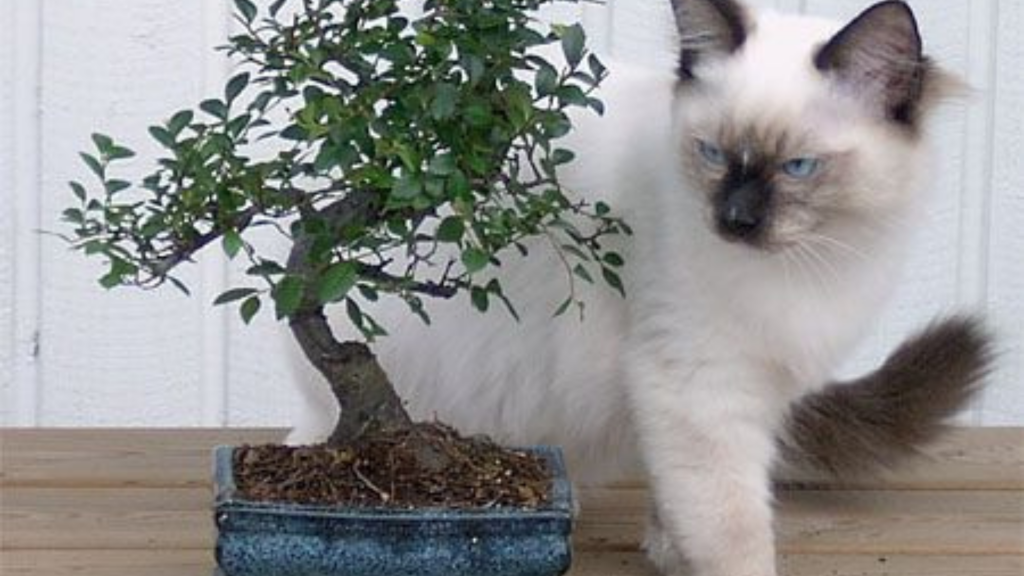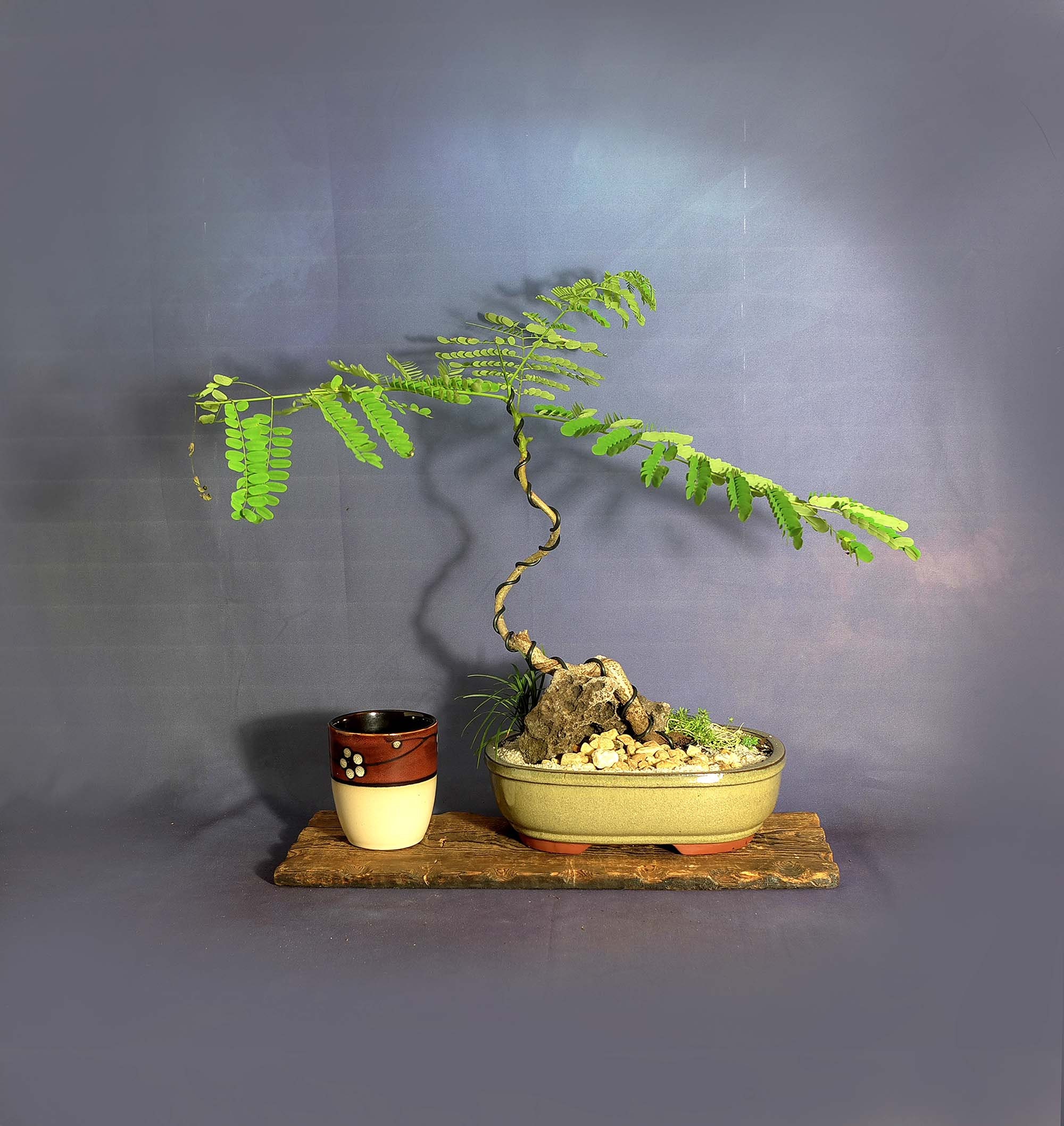Are bonsai trees poisonous to cats common houseplants examined
Table of Contents
Table of Contents
Are bonsai trees poisonous to cats? This is a common question among cat owners who love and take care of both their feline pets and miniature bonsai trees. While these trees add beauty and serenity to any home, pet owners should always consider the safety of their pets. In this article, we will explore the topic of are bonsai trees poisonous to cats and provide comprehensive information about it.
Pain Points Related to Bonsai Trees and Cats
Before answering the question of whether bonsai trees are poisonous to cats or not, it’s important to understand the pain points surrounding this topic. Cats, just like any other curious pets, love to explore their surroundings and often chew or lick plants, grass, and anything else they can find. However, cats’ digestive systems are not designed to process and eliminate toxins effectively, making them vulnerable to poisoning, especially when exposed to harmful plants.
Answering the Target Question
The good news is that most species of bonsai trees are not poisonous to cats. These tiny trees, which are grown in shallow pots, are typically safe for pets as long as you choose the right species. However, some bonsai tree species contain toxic substances that can cause health problems in cats if ingested. As a pet owner, it’s vital to know which bonsai tree species are considered safe for cats and which are not.
Summarizing the Main Points
In summary, while bonsai trees can make an excellent addition to any household, cat owners need to be cautious when choosing and growing these tiny trees. The safety of your pet should always be your top priority. It’s essential to select bonsai tree species that are not toxic to your cat and take measures to keep your cat away from any potentially harmful plants.
Bonsai Trees Poisonous to Cats: Understanding the Target
When it comes to the safety of cats and bonsai trees, there are several things to consider. Firstly, it’s essential to understand the common types of bonsai trees and their toxicity level to cats. Some of the species that are safe for cats include Juniper, Elms, Olive, and Japanese maple. On the other hand, some species that can be harmful to your cat include Azaleas, Oleander, and Japanese Yew.
Secondly, it’s important to consider how you care for your bonsai trees to avoid any potential harm to your cat. Bonsai trees are known to require care such as occasional pruning, wiring, and repotting, among others. During this process, you may expose your cat to the tree’s harmful substances. Therefore, it’s crucial to keep your cat away from the trees when performing maintenance activities.
Understanding the Toxicity of Bonsai Tree Species in Detail
Elms, for instance, are one of the popular bonsai tree species that are safe for cats. These trees contain no toxic substances and do not produce any spiky leaves that can hurt your cat. On the other hand, Azaleas are a species of bonsai trees that are toxic to cats. They contain grayanotoxins that can cause vomiting, diarrhea, and even death in severe cases.
Bonsai Trees Poisonous to Cats: Prevention Measures
Prevention is always better than cure. To prevent your cat from experiencing any poisoning from bonsai trees, it’s crucial to take preventive measures such as:
- Research and choose bonsai tree species that are safe for cats.
- Keep your bonsai trees out of reach of your cat.
- Make sure to clean up fallen leaves and branches regularly and dispose of them correctly.
- Inspect your bonsai trees for any signs of diseases and pests that may require using chemicals that can harm your cat.
Question and Answer Section
Here are some frequently asked questions about bonsai trees poisoning and cats:
Q: Are young bonsai trees harmful to cats?
A: It depends on the species of the tree. Some young bonsai trees such as Juniper, Olive, and Japanese maple are safe for cats, while others such as Azaleas, Oleander, and Japanese Yew can be toxic.
Q: What are the symptoms of bonsai tree poisoning in cats?
A: The symptoms of bonsai tree poisoning in cats may vary based on the type of bonsai tree and the amount ingested, but some common symptoms include vomiting, diarrhea, lethargy, weakness, and breathing difficulties.
Q: How can I tell if my cat has ingested a toxic bonsai tree?
A: If you suspect that your cat has ingested any toxic substance or plants, you should take your cat to the vet immediately. The vet may perform some tests to determine the type of poisoning and recommend the appropriate treatment.
Q: Can indoor bonsai trees be toxic to cats?
A: Yes, indoor bonsai trees, just like outdoor trees, can be toxic to cats. It’s important to research and choose the right species of bonsai trees that are safe for your cat and keep them out of reach.
Conclusion of Are Bonsai Trees Poisonous to Cats
In conclusion, bonsai trees are typically safe for cats, but some species can be toxic if ingested. As a pet owner, it’s crucial to choose bonsai tree species that are not harmful to your cat and take measures to prevent your cat from accessing any toxic plants. With proper care and attention, you can enjoy the beauty of bonsai trees without compromising the safety of your feline friend.
Gallery
Are Bonsai Trees Poisonous To Cats - The Bonsai Master

Photo Credit by: bing.com /
Are Bonsai Trees Poisonous To Cats Or Dogs? (The Bonsai & Pets Safety Guide) – BigBoyPlants

Photo Credit by: bing.com / bonsai bigboyplants
Are Bonsai Trees Poisonous To Cats In 2021 | Cats, Bonsai, Bonsai Tree

Photo Credit by: bing.com / bonsai
Are Bonsai Trees Poisonous To Cats? Easy Tips To Save - Bonsai Topics

Photo Credit by: bing.com /
Are Bonsai Trees Poisonous To Cats? Common Houseplants Examined - Excited Cats

Photo Credit by: bing.com /





